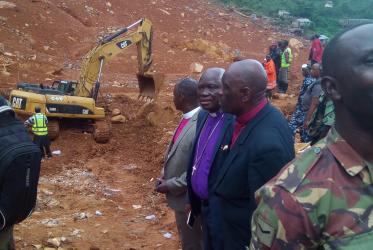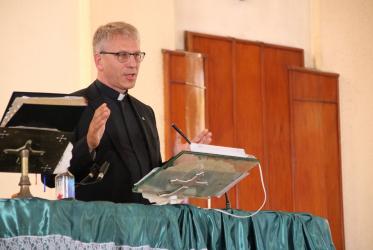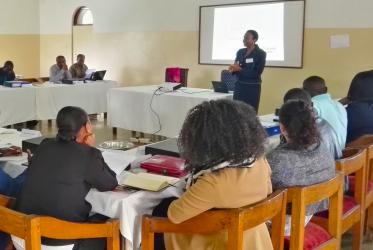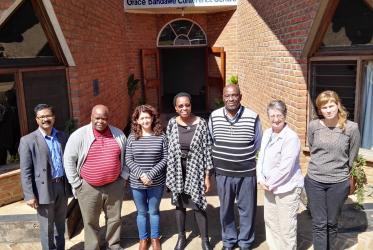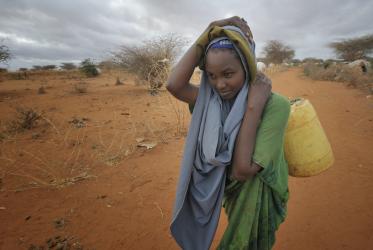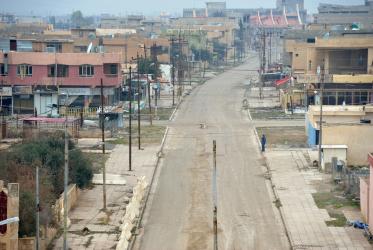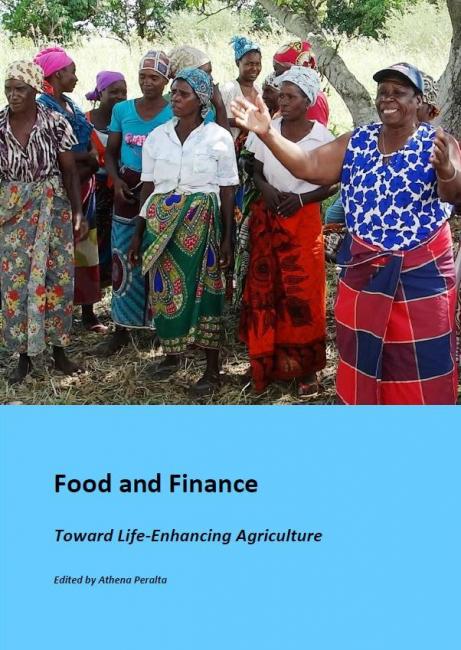Displaying 161 - 180 of 239
06 September 2017
In Charlottesville, can “the power of love” prevail?
14 August 2017
In Fiji, “time to go beyond the reef”
14 August 2017
African youth takes stand at first ever WCC Eco-School
03 August 2017
Applications open for WCC Eco-School
10 May 2017
Ecumenical Patriarch visits WCC
24 April 2017
WCC holds second annual photo contest on water
10 April 2017
On World Water Day, we ask: “why waste water?”
22 March 2017
“What can we contribute as a worldwide fellowship?”
06 March 2017
Seven weeks of Lent highlight water crisis in Africa
01 March 2017
